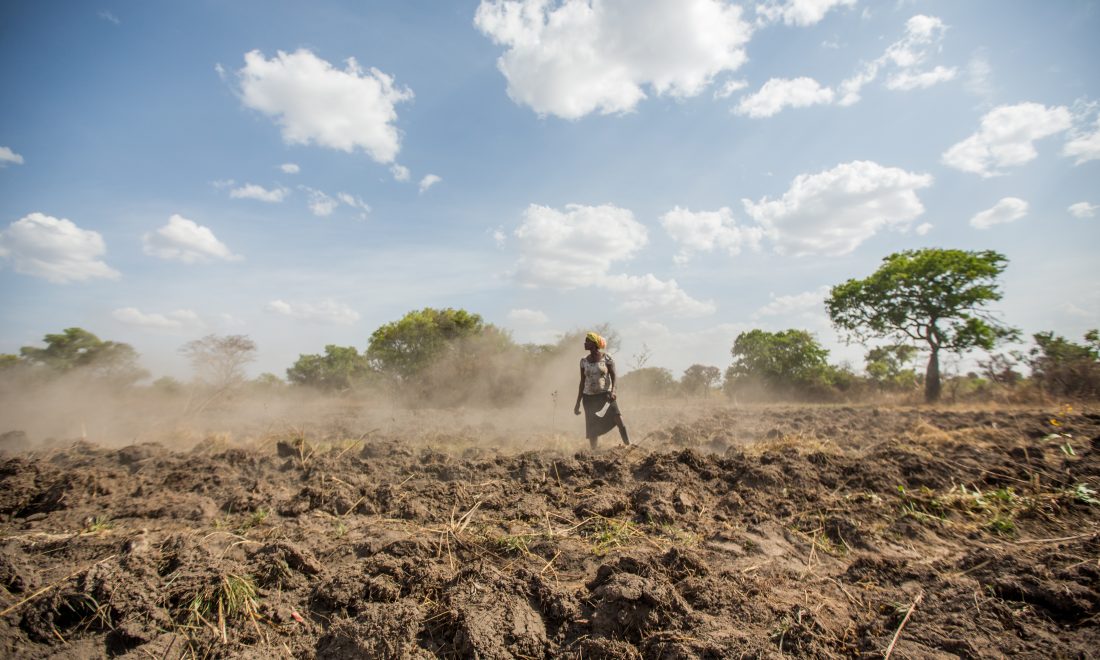We Bend, We Do Not Break
We Bend, We Do Not Break
Resilient Communities Dealing with Disaster and Climate Change
Disasters have strongly increased in both frequency and impact, with climate change as one of the main contributors to more extreme, frequent, and unpredictable weather. Degradation and loss of ecosystems intensify natural hazards. Combined with the high vulnerability of communities in the Global South, this leads to increased disaster risk. Despite these many challenges, there are solutions to create a sustainable future. When provided the necessary resources, communities mobilize to adapt and prepare for increasing risks. In the Partners for Resilience Alliance, CARE works to reduce disaster risk by increasing community resilience – enabling people to bend and not break in the face of adversity
In this publication, CARE aims to highlight how the implementation of an Integrated Risk Management approach leads to social transformation and more resilient communities that are well prepared to deal with a diversity of shocks and challenges. This report features stories, photos and programmatic work in Mali, Indonesia, Uganda, Ethiopia, Philippines, and Guatemala. What connects all the stories is the community involvement. When they are involved, it means change has become embedded and widespread, and the community as a whole can make a huge step towards becoming more flexible and truly resilient.
Because you do not break, when you know how to bend.






